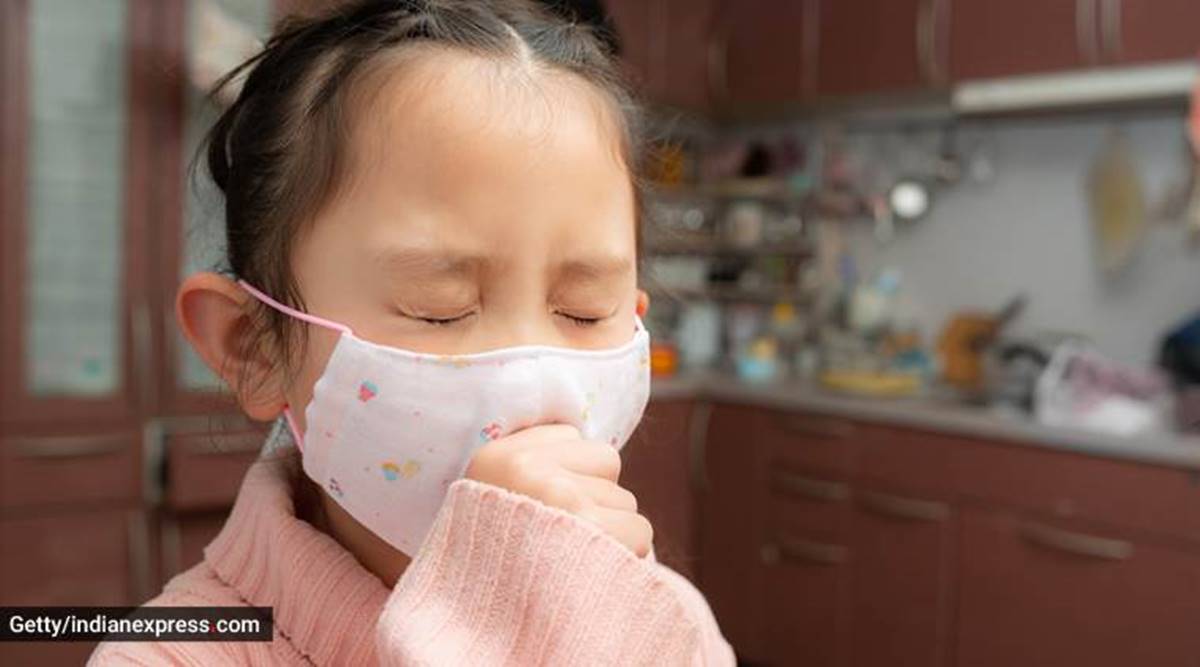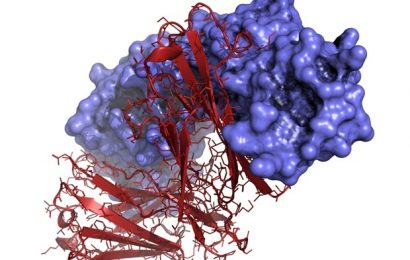Multisystem inflammatory syndrome in children (MIS-C) happens when different body parts are inflamed, including the heart, lungs, kidneys, brain, skin, eyes or gastrointestinal organs.

By Dr Sushil Azad
This pandemic of SARS-COV-2 (severe acute respiratory syndrome Coronavirus 2) causing coronavirus disease also called as COVID-19 has spread rapidly across the globe causing a lot of morbidity and mortality across all age groups. Despite the chaos COVID-19 has caused in everyday life, the illness caused by novel coronavirus is still evolving, which means we are still learning new things every day. The COVID 19 has been linked with a rare illness in paediatric population too, called the paediatric multi-system inflammatory syndrome. Details about this illness continue to emerge and it seems to be a complication in children who have been infected with coronavirus infection, while in some cases there was a history of close contact with a person with the infection.
The actual mechanism of why and how this happens is still a mystery but most likely it is a consequence of inflammatory-immunological response to COVID 19 infection and usually occurs two to four weeks after exposure to the virus.
in children (MIS-C) happens when different body parts are inflamed, including the heart, lungs, kidneys, brain, skin, eyes or gastrointestinal organs. Patients with MIS-C usually present with persistent fever, abdominal pain, vomiting, diarrhoea, skin rash, mucocutaneous lesions and, in severe cases, with hypotension and shock. As of now, the syndrome seems to be mimicking other rare childhood conditions like Kawasaki disease in that it can cause problems with the heart and blood vessels leading to the heart. So, an investigation usually reveals evidence of inflammation and in a majority of patient’s evidence of damage to the heart (damage to muscle of the heart-myocarditis) leading to cardiac dysfunction and acute kidney injury. Not all children will have the same signs and symptoms.
Children who become sick with MIS-C will need to be treated in the hospital and some may require intensive care treatment like need to support blood pressure with medicines in the intensive care unit. It can be fatal in some cases, however, a majority of the cases recover. Certain risk factors have been identified such as obesity, persistent high-grade fever and these children require close vigil as they can suddenly become very sick. All these recovered children will need to be on regular follow-up with a paediatric cardiologist to look for the recovery of inflamed heart muscle or heart arteries. They may require long-term medications as per the heart condition. Children with heart involvement will be restricted from sports activities and other exercises for a period till the heart recovers.
The best way to prevent MIS-C is to avoid getting exposed to coronavirus. So always remember to follow simple steps like washing hands frequently with soap and water and, if not available, use sanitiser. Keeping a six-foot distance, wearing a face mask when moving out of the house, avoid going to crowded places. Clean and disinfect toys regularly.
While a paediatric multi-system inflammatory syndrome sounds frightening, this condition is still rare and a majority of children recover with timely management but as it is said that prevention is better than cure. It seems more prudent to follow simple steps to avoid exposure and thus prevent children from getting exposed to potentially life-threatening complications of COVID 19.
(The writer is Principal Consultant, Paediatric Cardiac Surgeon, Fortis Escorts Heart Institute.)
? The Indian Express is now on Telegram. Click here to join our channel (@indianexpress) and stay updated with the latest headlines
For all the latest Parenting News, download Indian Express App.
Source: Read Full Article


